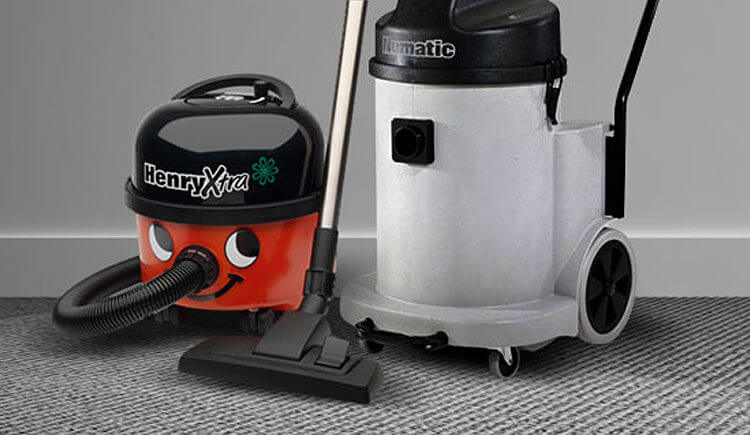What Is The Lifespan Of A Vacuum Cleaner?
|
A vacuum cleaner is an essential cleaning tool in many people’s home. If you want to keep your house in excellent condition, then the chances are you use one regularly. But like everything in this world, with enough wear and tear your vacuum cleaner will eventually break. The only question is: when?
In recent years, the average lifespan of a vacuum cleaner has been estimated at 8 years, although it does vary by manufacturer.
There are many reasons why your vacuum cleaner might break. Whether it’s down to the motor getting jammed, the filters breaking, or just too much use, eventually you’ll have to say goodbye. However, there is some good news!
Currently, in the EU, all electronic devices are protected with a minimum 2-year warranty as standard, unless it’s a refurbished unit. That means if your new vacuum cleaner develops a defect at any point within those 2 years, you’ll be eligible for a replacement vacuum. Some manufacturers do offer extended warranties depending on the model with brands such as Dyson offering 5-year warranties.
Although the warranty offers a replacement on any defective unit, it’s important to note that things such as accidental damage or wear and tear aren’t covered. In those circumstances, you’ll have no choice but to buy a new vacuum cleaner.
Factors That Affect The Lifespan Of Vacuums
There are many factors that affect a vacuum cleaner’s lifespan. Some of these factors include:
- The manufacturer and model
- Frequency of use
- Internal engineering
- Maintenance (or lack of)
- Misusing the hoover
Since there are so many different factors that affect the lifespan of a vacuum cleaner, giving a solid answer isn’t easy. The current estimate is 8 years, but truth be told, depending on the user this number can vary a lot.
The main factor that affects the lifespan is the use and maintenance of the hoover. Using a hoover daily is more than likely going to have a shorter lifespan than someone who hoovers a few times a month. Using a hoover more frequently drastically increases the wear and tear, but don’t use that as an excuse to put off your cleaning!
Making sure your hoover is clean and maintained is another critical factor that often goes overlooked. If you don’t regularly change your filters, swap the bags, and check for blockages, then you could be sending your hoover to an early grave every time you use it. Following the manual and ensuring you keep your hoover finetuned is crucial if you want to extend its lifespan.
Buy Or Repair?
At some point, while owning a hoover, eventually you’ll encounter a problem. Whether the suction drops so low it isn’t able to pick anything up, or it just won’t turn on all together, don’t throw it away without diagnosing the problem!
Many times, you can often get your existing vacuum cleaner repaired and extend its lifespan. Usually, this is considerably cheaper than having to buy a new one as most problems are fairly simple to fix. However, don’t think you can just keep repairing your vacuum forever. With new technology and vacuums being released every year, upgrading to a brand-new model isn’t always a bad idea. Not only do you get the latest technology and features, but you also get a brand-new warranty to cover any defects.
Think your vacuum is on its last legs? Browse our range of multipurpose domestic vacuum cleaners in our store.
 14-day returns
14-day returns


